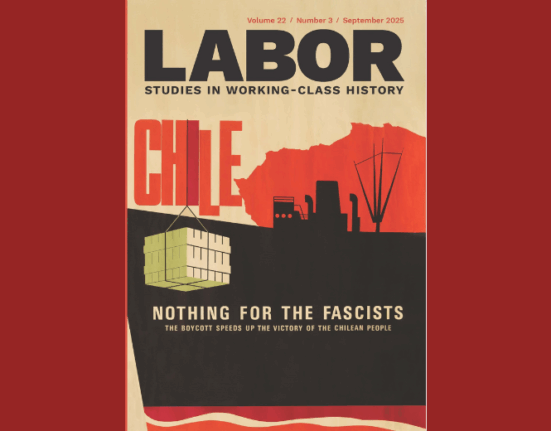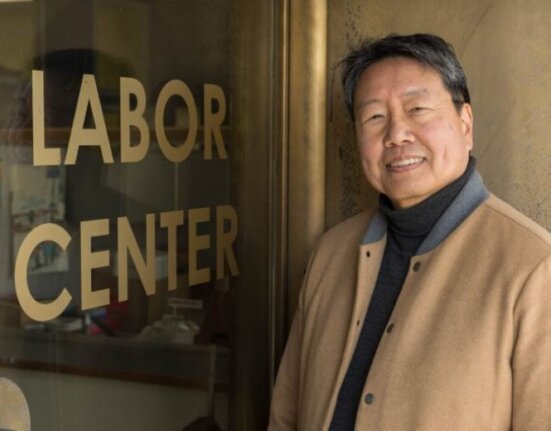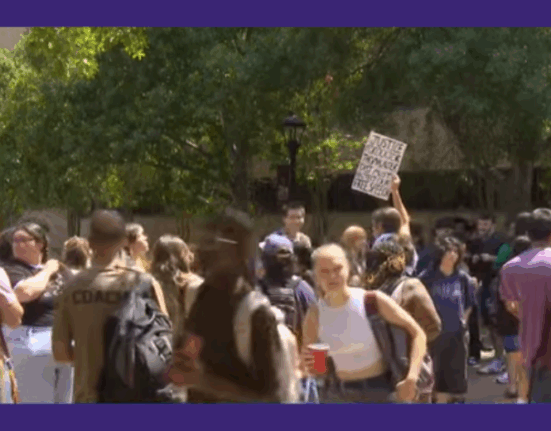As I write this it’s Workers’ Memorial Day, an event that barely gets a blip on the media screens. But it brought to my mind one of the first union demonstrations I ever participated in, one that protested the decline in OSHA standards. I remember the TV reporter who came to the event stuck a microphone in my face and asked me why I thought OSHA protections were important. I blurted out what I’m sure was an inane response to the inane question, my first introduction to the need to be prepared with a “sound bite” for the cameras. My life had indeed been dramatically affected by the absence of workplace regulations, the tab included in the price of working class life. Long before, Progressive Era reformers, many motivated by the ghastly toll of death from the Triangle Shirtwaist fire, quantified the value of working class lives and appendages, in a way that is still in operation with workers compensation, allowing us to see working-class body parts and functions on a chart. At the time of that OSHA protest, we all felt we needed more power, and that OSHA had been a great accomplishment, but limited by the evidence of the continuing toll of lives. Today, the toll continues to be exacted, sometimes in the most grisly fashion as in West Texas and Bangladesh.

That OSHA protest didn’t prevent the steady erosion of OSHA’s power to enforce workplace justice. The best thing for me that came from going to that event was meeting Bob Tibbs, who was the Business Rep for the Oil Chemical and Atomic Workers Union (OCAW), representing the workers of Laclede Gas Company, St. Louis’ private utility company. Bob was also a member of the Industrial Workers of the World and introduced me to his radical perspectives, always delivered with mischievous humor. We were great friends until his death in 1996. Bob had a stellar record of encouraging Laclede’s workers to use direct action to protest workplace safety. When the union went on strike, he would execute press statements which stated that since only supervisory and clerical workers were on the job during the strike, the union could not “guarantee the safety of the public.” The company would accuse the union of sabotage but Bob would express outrage at the accusations, and remind the public about the dangers of natural gas without properly trained workers on the job. He also worked with the OCAW and Tony Mazzochi to get the Occupational Safety and Health Administration legislation passed in the 1970s, and told compelling stories about the dreams of connecting the environmental and working class movement. This brief coalition also managed to get jobs created to replace unsafe gas pipelines. Bob dug up (illegally, I recall) a piece of corroded natural gas pipeline in order to dramatically demonstrate the need to replace the lines. It was a great model, in a time when we all joked that the building trades unions would rather pave the Mississippi than work with the environmental movement. Unfortunately, zero-sum games (jobs vs. environment or safety) have too often been posed as a way to stifle the imagination and humor, qualities Tibbs exhibited regularly.
But Bob learned throughout all that effort that no amount of legislative reforms would ever make workplaces safe and he was highly critical of the limits of such reforms. He argued that OSHA failed to achieve the key right needed–the right of workers to refuse to perform an unsafe job. Only a union contract including the right to refuse to perform in an unsafe environment could be the true remedy for the low value placed on working class lives, short of a constitutional amendment that might achieve the same. And he could imagine a world where consumers would get better quality goods as well, and was adamant that this right wouldn’t cost the government or consumers a dime. He would argue that point with telling demonstrations of the costs of managerial control to consumers and workers.

That kind of power is what workers in Bangladesh need and want too, and they can look to the 100 years after Triangle’s disaster to the limits of workplace reforms in the U.S. Truthfully, it was unionization that brought adequate safety to garment workers in the U.S., not factory inspection systems that were from the beginning woefully understaffed.
We cheer as workers in Bangladesh rise up with fury against the logic of the commodity chain marketplace denigration of their lives, and learn that they too sought a union to help them fight the assumptions that placed them in peril. We hope they will make the world pay attention to the limits of band-aids. The premise that modest government intervention is an adequate substitute for full workplace representation and workplace rights and power is faulty.
Last week Oklahoma followed Texas to enact legislation that aims to reduce the amounts payable for workplace injuries. Lawmakers argued that if workmen’s compensation reform wasn’t addressed, companies would leave for Texas. That they could speak this way with impunity after the West, Texas disaster demonstrates the reconstituted premises of gilded age logic, and connects the logic that led to West, Texas disaster to the carnage exacted on Bangladesh’s workers.
LaborStart has a petition asking for urgent action to guarantee freedom of association and improve building and fire safety and the minimum wage for the more than 3 million garment workers in Bangladesh. Please be sure to add your signature to this petition.






